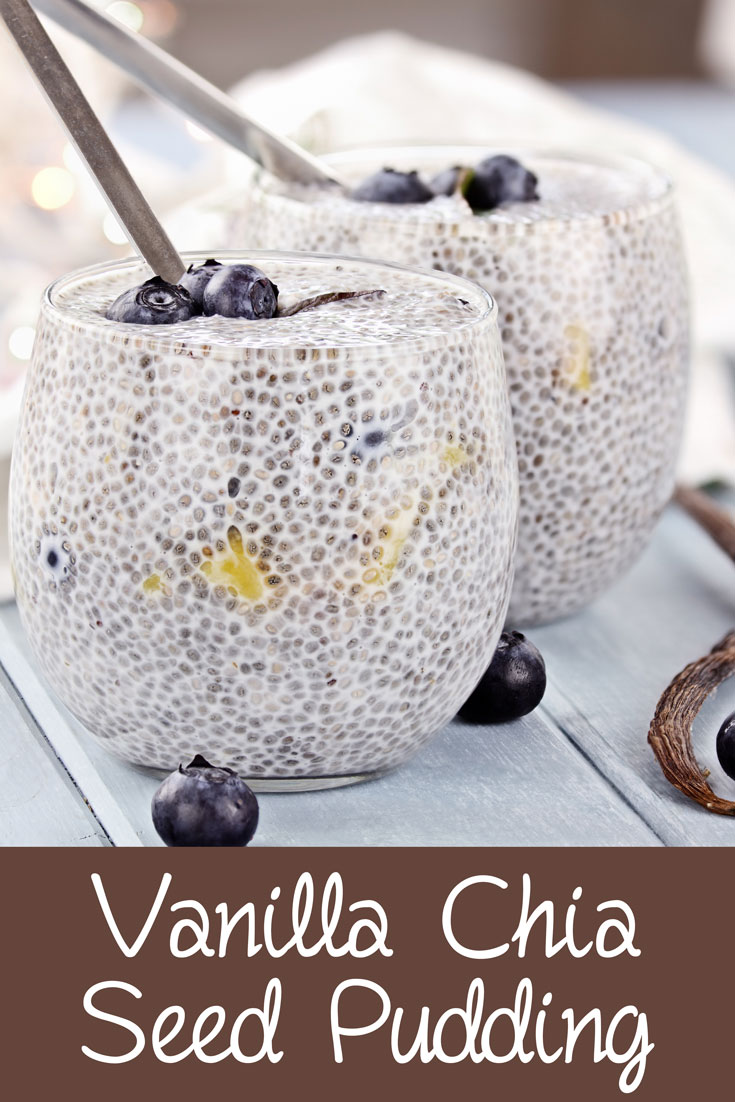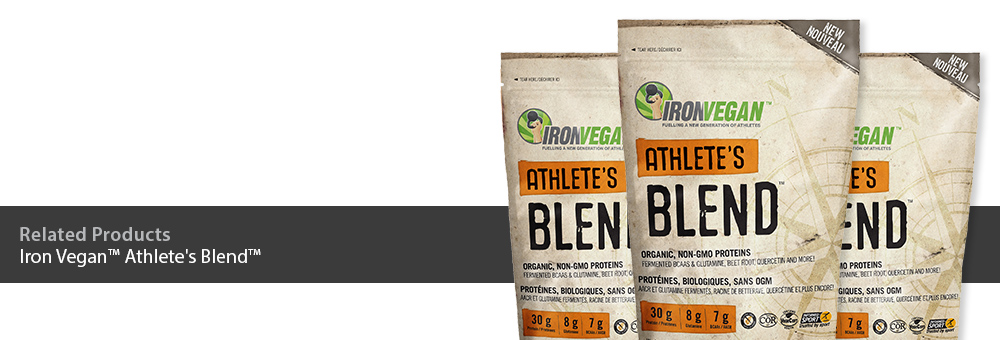

Is plant-based protein right for you?
For many years, animal-based protein supplements were regarded as the big guys in sports nutrition. If you wanted to bulk, a high-quality whey protein was the way to go. If you were looking to improve endurance and strengthen muscle, the buzzwords in locker rooms were creatine, beta-alanine, and maybe an egg or casein protein.
The world of sports nutrition has been forever revolutionized by plant-based protein. Brown rice, peas, and hemp are all becoming staples in today’s market. But does popularity and novelty translate into efficacy? We’ve taken a hard look at the facts and compiled a list that delves beyond locker room talk!
1. Protein Content – Comparing the Numbers
As the key ingredient behind muscle growth and repair, athletes naturally want to maximize their protein intake… because at the end of the day, it’s all about the numbers.
How much protein can you get from dairy sources and how much can you get from plants? A typical whey-based protein contains between 25g and 30g of protein. A plant-based protein such as Iron Vegan ATHLETE’S BLEND contains 30g of protein. The verdict – both options are similar, but with one key distinction.
Plant-based supplements are formulated with the most ingredient conscious athlete in mind. Many options including ATHLETE’S BLEND contain organic, non-GMO proteins that have been grown and harvested in complete compliance with organic standards.
2. Digestibility – What’s Best for Your Stomach?
You chug down a shaker full of dairy protein and within a few moments it hits you – stomach pain, bloating, and gas. The churning sensation experienced after having whey or casein is probably one of their biggest pitfalls. Dairy is, after all, a common allergen. Even people without an intolerance to lactose and milk products can experience sensitivities.
Similarly, plant-based proteins such as grains, nuts, seeds, and legumes contain an anti-nutrient called phytic acid that can trigger digestive issues. With plant-based proteins, however, there is a solution – fermentation! Fermented foods introduce good bacteria into your gut which in turn reduces bloating, improves digestion, and enhances immunity
3. The Nutrition Profile of Plants – A Closer Look
When it comes to real, performance-enhancing nutrition that’s free of artificial ingredients, plant-based proteins take the lead. Ingredients derived from fruits, vegetables, and legumes are ripe with healing components like phytochemicals, botanicals, minerals, and plant oils.
Let’s examine Iron Vegan ATHLETE’S BLEND, for example. It contains Quercetin, a phytochemical and potent antioxidant that protects you from the negative consequences of intense physical exercise (like burnout). It also contains zinc, a mineral that supports immune function and tissue formation. Beets are another excellent addition that help you convert nitrates into nitric oxide – an ingredient that improves blood flow for increased muscle strength.
4. Taste & Palatability
Traditional dairy proteins are coveted for their creamy taste in a range of flavours like Cookies & Cream and Double Chocolate. But how do companies get them to taste that way? That is, incredibly sweet and smooth, reminiscent of an old-fashioned milkshake. The answer is a hefty amount of artificial ingredients and sweeteners.
People who value taste may forgo plant-based proteins because of their rep for being bland. With today’s level of innovation, however, you no longer have to compromise taste for nutrition. For example, Iron Vegan ATHLETE’S BLEND has made the transition from chalky and hard-to-mix to creamy, smooth, and flavourful. This was not done with cheap fillers but rather key plant-based ingredients.
5. Ingredient Quality
Plant-based foods are often regarded as a gateway to revitalizing your health. For example, vegan proteins often feature organic and non-GMO ingredients to minimize pesticides, fertilizers, and herbicides. That’s why more and more ingredient conscious consumers are turning to plant-based foods and meals.
There are indeed high-quality animal proteins like grass-fed New Zealand Whey Isolate that some swear by, as well. But, if the goal is to enhance your athletic performance and accelerate muscle cell repair using the cleanest possible plant-based ingredients, then something like Iron Vegan ATHLETE’S BLEND is a clear winner.


Vanilla Chia Seed Pudding
Ingredients:
1 scoop Iron Vegan ATHLETE’S BLEND (Vanilla)
1 cup Coconut Milk
¼ cup Golden Raisins
2 tbsp Chia Seeds
½ tsp Cinnamon
Pinch of Sea Salt
Coconut Whipped Cream to taste (optional)
Directions: Add all ingredients except cinnamon and whipped cream to a mixing bowl and whisk vigorously to combine. Spoon into serving dishes. Cover and refrigerate for at least 1 hour. Top with coconut whipped cream and cinnamon before serving.

